Our Partners
Uppsala University
Uppsala University is one of Sweden's oldest universities and a comprehensive research university ranked among the best in the world. With 50,000 students and close to 5,000 researchers, Uppsala also coordinates the project. Researchers from three different departments participate in Larpocracy: Political Science, Informatics and Media, and Game Design.
Routed in WP 2, Uppsala University will focus on studying the effects of democracy-themed larps. This overall category includes larps with democratic themes and/or that practice key skills, but it also includes larps exploring experiences of oppression. Examples are drawn mostly from Nordic larp and related design communities. Of particular interest are larps designed to raise awareness on specific issues related to democracy, i.e., activism, as well as larps designed to facilitate democratic processes, for example, deliberation.
To explore the effects of democracy-based larps, we will conduct workshops, surveys, and interviews that gather the various experiences and standpoints of designers, organizers, and participants. Our takeaways from these studies will inform the next work package, WP3, in which we will design and pilot our own democracy-based larps, researching their impacts over time whenever possible. Of special interest are experiments based on deliberation events in which we apply theory to larp design in order to develop democratic skills.
Once these design experiments are finalized, we will study their effects when facilitated in formal, nonformal, and informal learning environments. We also plan to run existing larps designed by consortium members and study their effects longitudinally, e.g., perspective taking, empathy, deliberative values, and intrinsic motivation. Ideally, we will discover design recommendations that can help designers create larps with intentionality when aiming to cultivate democratic values and skills.
-

Professor Annika Waern
Professor at Department of Informatics and Media.
Working across all WPs
Website -

Sarah Lynne Bowman
Senior Lecturer/Docent, Department of Game Design
Working across WP2 and WP3
Website -

Soner Barthoma
Project Coordinator at Centre for Multidisciplinary Research on Religion and Society (CRS)
Working on WP1
Website -

Karin Johansson
PhD Student. Department of Informatics and media: Human-Computer Interaction
Working across WP 2 and WP 3 -

Jon Back
Senior Lecturer/Docent,Human-Computer Interaction.
Working across WP 2 and WP 3
Website -
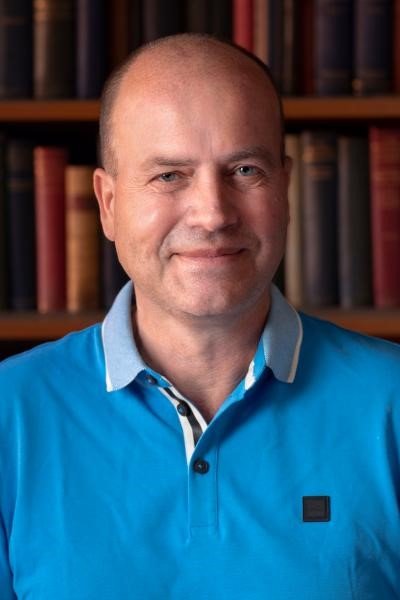
Professor PerOla Öberg
Political Science.
Working across WP 2 and WP 3
Website -
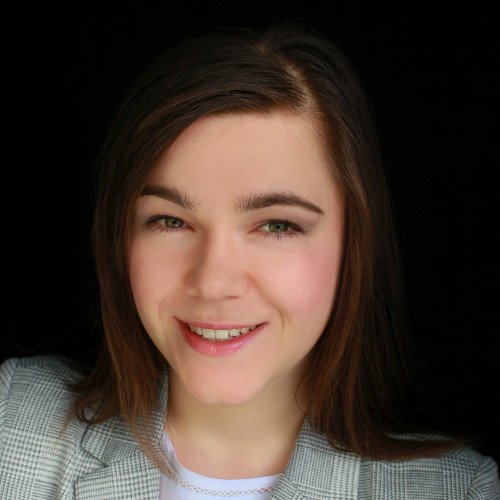
Weronika Szatkowska
PhD Student, Human-Computer Interaction.
Working across WP 2 and WP 3
Website -
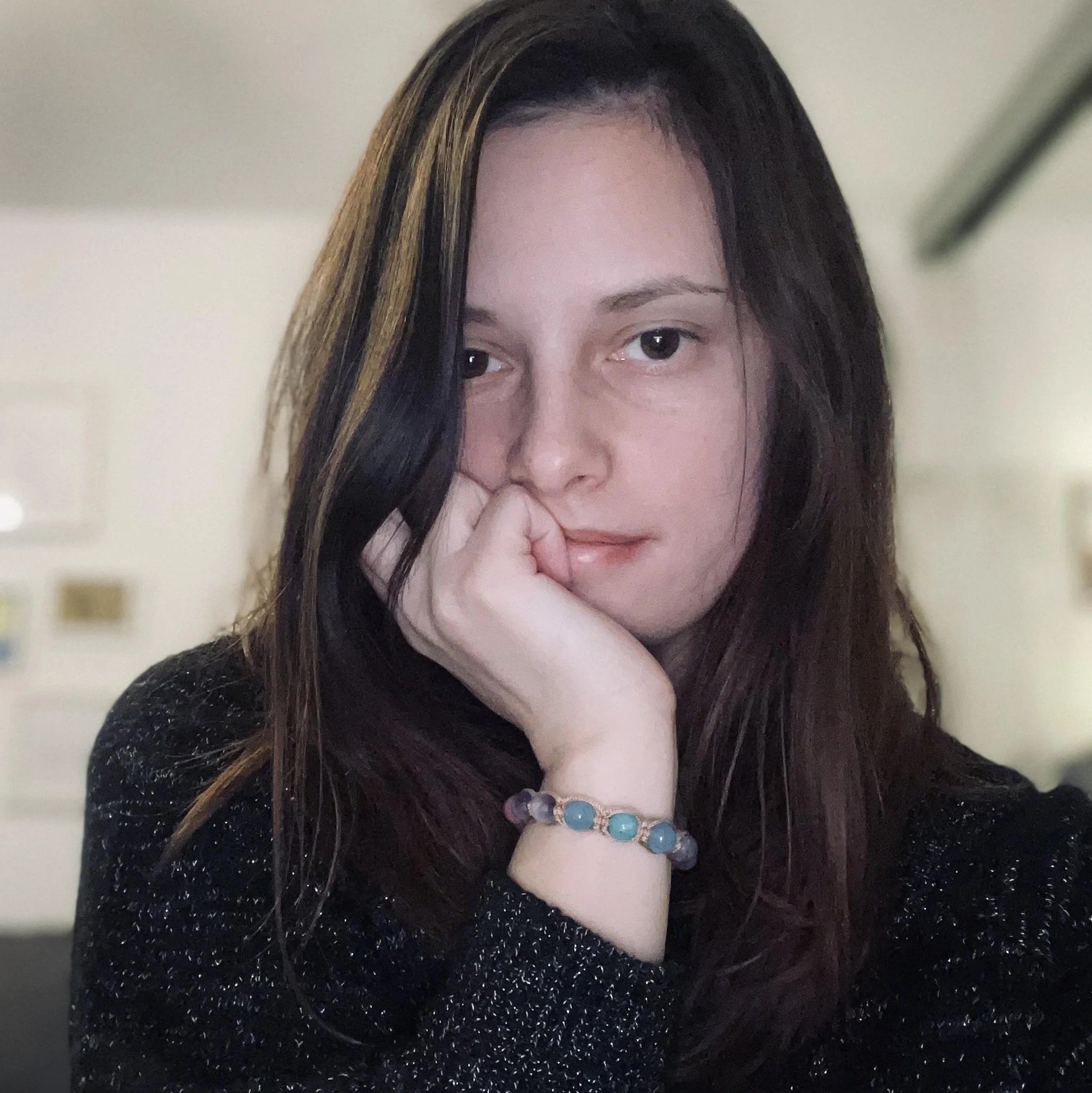
Alexandra Ciubotaru
Master’s Thesis Student
-
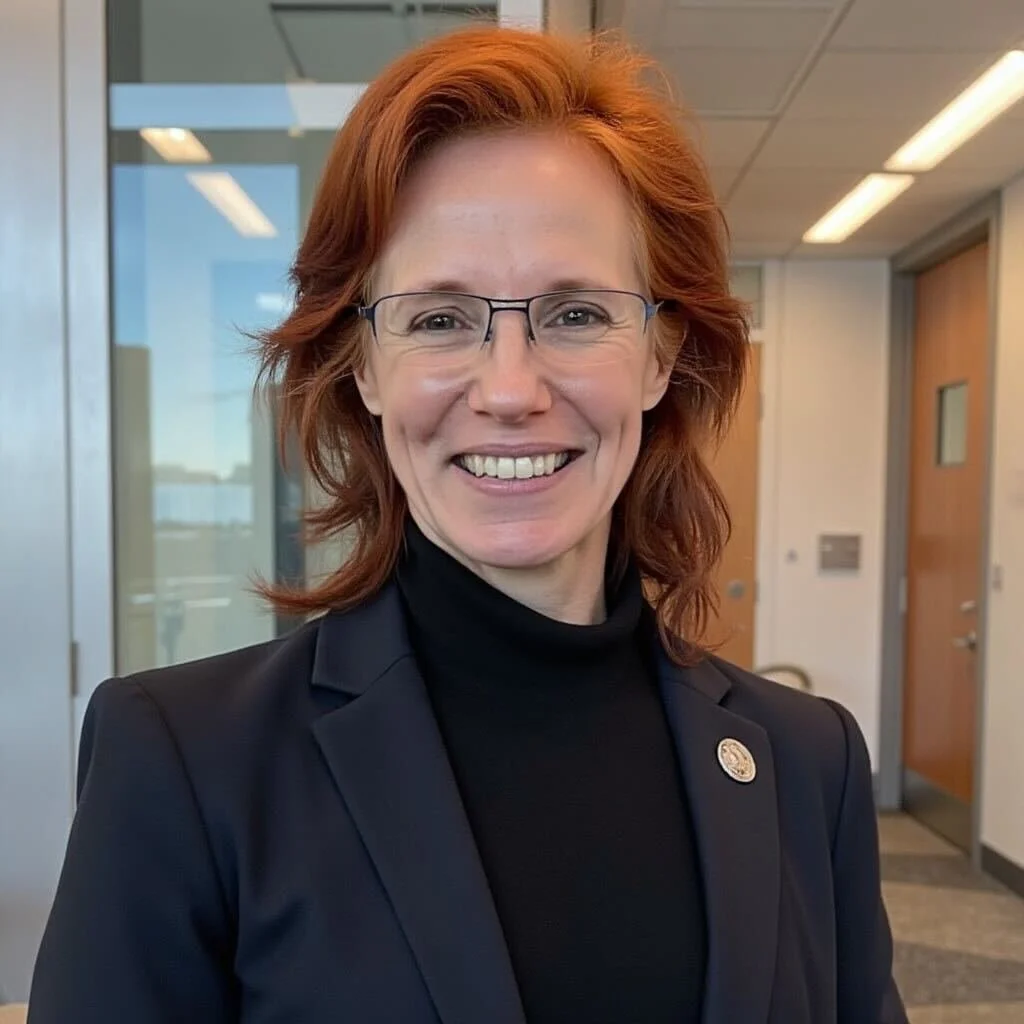
Meghan Gardner
Master’s Thesis Student
-

Jingpeng Feng
Master’s Thesis Student
-
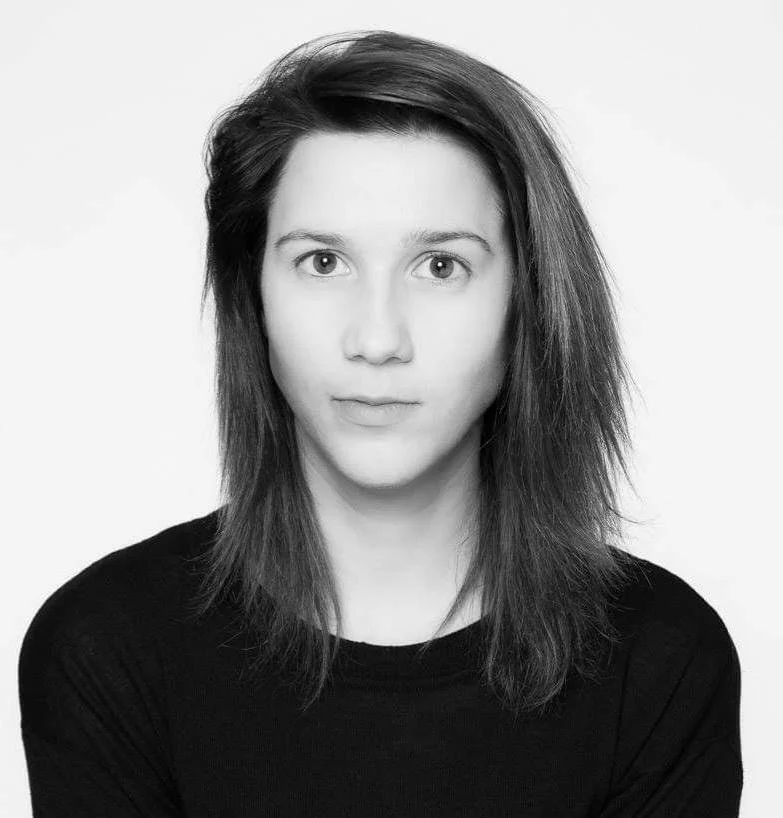
Iléana Tismanariu
Master’s Thesis Student
Tampere University
Tampere University is one of the most multidisciplinary universities in Finland, specializing in research and education in technology, health, and society. The Tampere University community comprises about 22,500 students and 4,200 staff members from more than 80 countries. This version of the university was created in 2019 through a merger between the University of Tampere (dating from 1925) and Tampere University of Technology (dating from 1965).
Within Tampere University, Game Research Lab is a leading centre for multidisciplinary research into games, play, and their numerous applications. As one of the oldest and largest research groups solely dedicated to games, Game Research Lab researchers have studied the foundations of games, game cultures, and contemporary, emerging phenomena such as pervasive games since the late 1990s. Officially established in 2002, the research carried out at the Game Research Lab is based on understanding the unique cultural and social characteristics of play and games, but it is also future-oriented.
The interdisciplinary perspective that informs our work is situated at the intersection between humanities, social sciences, and design research. Being able to research how games and play operate both as specific forms of culture and expression, performance and social interaction, as well as produced and designed artefacts and services, enables us to create innovations and knowledge that is highly relevant for research, societal decision making, as well as industry and other practitioners.
In Larpocracy, Game Research Lab leads the study of the human encounter as a consciously designable surface. We bring over 20 years of expertise on researching larp and will now be diving into larp festivals.
University of Greenwich
The University of Greenwich (UoG) leads Work Package 4 (WP4) in the Larpocracy project, working closely with Larpocracy partner ZU-UK and focusing on co-designing and testing larp-adjacent participatory methods for democratic engagement with marginalised communities in Pará, Brazil.
Through its expertise in practice-based research, participatory design, and immersive theatre, UoG ensures that Larpocracy advances inclusive, deliberative civic participation both in-person and digitally.
Key Contributions:
- Leadership of WP4
- Overseeing community-led participatory design, artistic interventions, and long-term sustainability.
- Co-Design of DRIFT Residency & ZAP-Lab with partners ZU-UK.
- Developing in-person and digital participatory experiences for civic engagement.
- Research & Theoretical Development.
- Conducting fieldwork and evaluating larp-adjacent methodologies for democratic skill-building.
- Public Engagement at COP30. Showcasing larp-based artistic outputs to international audiences, designed by local artists.
The Centre for Creative Futures focuses on ensuring that the benefits of rapid digital innovations in the creative industries are distributed equitably among professionals and audiences. Through an interdisciplinary approach, the Centre aims to support creatives by providing training, research, and collaboration opportunities.
Key objectives include:
- Advocating for an equitable future in the creative industries.
- Supporting postgraduate and early-career researchers through mentorship and collaboration.
- Hosting events (workshops, seminars, conferences) to explore emerging research and funding opportunities.
- Engaging with stakeholders (practitioners, policymakers, etc.) to foster industry-wide collaboration.
- Publishing impactful research and policy reports to inform public discourse and drive progress.
The Centre positions itself as a thought leader, ensuring creative professionals can navigate and benefit from technological advancements while maintaining industry inclusivity. Institute for Inclusive Communities and Environments (ICE) The Institute for Inclusive Communities and Environments (ICE) seeks to foster greater inclusivity and reduce inequalities among diverse individuals, communities, and environments. Using the arts, humanities, and social sciences our researchers and practitioners work collaboratively with communities, organisations, and policymakers in the UK and around the world to address the social and environmental challenges of our time.
LARPifiers
LARPifiers is a company based in Athens, Greece. We design and host larp games for educational, psychotherapeutic and/or entertainment purposes. With studies in psychology, education, technology, art, and many seminars on how to incorporate them in larp games, the team never passes a chance to train harder and gain more knowledge for future use.
The team works mostly within the Erasmus+ framework, creating tools and methodologies aimed at young people and youth workers.
All the members of our team are youth workers of various academic and professional backgrounds (education, psychology, technology, art, theatre, sports etc), brought together by the realisation of the great effect our hobbies, and specifically the medium of larps, could have in our respective fields. This gave birth to LARPifiers AMKE, a non-profit organisation based in Athens, Greece. The accumulated skills of our team include: storytelling and RPG narrating, board game design, gamification design, urban game design, improv theatre, psychodrama and drama therapy, burnout management and communication skills, non-formal educational tool design, and research methodology. Our mission is to promote the use of interactive and immersive experiences, and especially larps, for educational, therapeutic and recreational purposes.
To achieve this we design, host and facilitate larps, board games, festivals and other engaging activities in local communities (schools, camps, colleges, youth organisations etc) as well as in international mobilities and conventions. The subjects that our games revolve around include environmental sustainability, mental health, youth work, cultural understanding and cooperation, active participation, minimising the dangers of isolation, violent radicalisation and marginalisation, and many more.
Our involvement in this project will include:
Contributing to the research activities of WP2 and WP3
Coordinating the publication of an open-access larp anthology (WP3)
Organising and hosting a larp festival in Athens (WP5)
Organising and hosting the 4th pan-project symposium in Athens (WP6)
Contributing to the policy toolkit and recommendations (WP7) and the dissemination of the project (WP8)
-

Elektra Diakolambrianou
Researcher, Project Manager, Larp Designer / Organiser / Facilitator Working across WPs 1,2,3,5,6,7
Website -

Alexandros Alexiou
CEO, Larp Designer / Organiser / Facilitator
Working across WP5, WP6 and WP8
Website -

Nikola Sekulic
Research Assistant, Larp Designer / Organiser / Facilitator
Working across WPs 1,2,3,5,6,7
Website -

Katerina Zannou
Communications and Social Media Manager, Larp Designer / Organiser / Facilitator
Working across WP5 and WP8
Website -

Angie Bandhoesingh
Larp designer / organizer / facilitator Working across WP5, WP6 and WP8
Website -

Theodore Oikonomou
Larp Designer / Organiser / Facilitator Working across WP5, WP6 and WP8
Website -

Manolis Boniatis
Financial Manager
Website -
Kjell Hedgard Hugaas
Researcher, Larp Designer / Organiser / Facilitator
Working across WP2 and WP3
Website
ZU-UK
ZU-UK is a disabled-led and working class-led organisation based in Bootle, Liverpool and Newham, East London. With over two decades of experience creating interactive experiences using performance, games, and technology, ZU-UK is a multi-award-winning leader in participatory theatre and performance.
ZU-UK is an innovator in technology and interactive performance. They have worked with spatial audio, touch synchronisation using Unreal Engine, Metahumans, Unity, Bone-conducting headphones, multi-channel broadcast, augmented audio, locative ambisonics, and binaural sound.
Their work spans multiple art forms, disciplines, formats, and spaces to address issues of social justice, mental health, and climate emergencies—from ringing all UK phone boxes simultaneously in response to suicide rates to recruiting ghost-hunters in shopping malls to investigating human rights and climate in supply chains.
They believe in the transformative power of collaborative human experience and provide tailor-made experiences that create alternative realities. Their work is often used as the industry standard regarding care and ethics in audience participation.
Recent and current projects include Within Touching Distance, SIMFONIK, Radio Ghost, and Deceleration, and their work has won awards such as The Stage Innovation Award 2024 and the 2024 Offies Idea Design award.
ZU-UK's involvement with Larpocracy is predominantly in WP8, which is the Dissemination and Exploitation of the project. This ranges from the creation of the Larpocracy website to managing the project's social media channels and helping create the internal communication system and content storage facilities.
ZU-UK will also work with the University of Greenwich at specific points during the project on WP4, which is Lowering Barriers to Participation.
Europe 4 Youth
Europe4Youth is a non-profit, non-governmental organization dedicated to empowering young people and fostering their growth in various aspects of life. We create opportunities for education, personal development, and civic participation, contributing to a vibrant and democratic civil society at the local, national, and European levels.
Our key focus areas include youth policy development, non-formal education, game-based learning, and international cooperation.
Our vision is of a European civil society where young people are active, self-aware, and engaged in shaping political, social, and cultural life at all levels. Through dialogue with decision-makers, educational initiatives, and the promotion of lifelong learning, Europe4Youth ensures that young people have a voice and the tools to shape their futures and communities.
We provide youth with information, consultations, and guidance. We manage youth centers in Kraków and Rabka-Zdrój, creating inclusive spaces for connection and learning. In collaboration with local authorities, we help shape youth policies and strengthen youth participation in democracy.
Through youth mobility projects, educational exchanges, and workshops, we inspire and equip young people to discover their full potential. We also develop game-based learning tools like board games (e.g., Europe on the Board) and larps.
Within the Larpocracy project, we are responsible for:
• Conducting research on the democratic design of spaces for human encounters (WP5). Based on data collected during field research, we will develop a model of a larp festival, which will be implemented in practice during a festival held in Poland in summer 2026.
• Organizing the first larp festival (WP5).
• Collecting and analyzing data as part of the research activities in WP2.
• Hosting the 3rd pan-project symposium in Kraków (WP1).
Chaos League
Chaos League is a collective of designers, educators and researchers based in Italy and specialized in larp-driven storytelling and immersive experiences. Their work extends across Europe in collaboration with renowned larp designers and institutions, using larp as a tool for social engagement and critical reflection. Since 1992, Chaos League has explored activism and social change through fiction, tackling some of today’s most pressing issues.
Their large-scale larps function as immersive thought experiments, where players confront moral, social and political dilemmas in deeply engaging settings, from the themes of migration and discrimination (The Border), environmental crisis (New Atlantis), post-colonial critic (Sahara Expedition) to community building, community management and conflict transformation (Bunker 101). One of their most impactful works is the chamber larp First They Came, set in 1942 Berlin, where players take on the roles of individuals persecuted by the Nazi regime. The game challenges participants with moral dilemmas, resistance and survival, sparking deep reflection on ethics and human rights. Used widely in educational settings, it showcases larp’s potential as a powerful tool for learning and social awareness.
Beyond larp design, Chaos League is actively involved in educational initiatives, offering workshops and immersive training sessions for diverse audiences, including children, teens, and adults. In Larpocracy, Chaos League leads WP6 (Domain Expert Panel), ensuring that larp and the methodologies developed in the project can be adapted and applied across diverse contexts. By leveraging expertise in game design, education and civic engagement, the aim of the DEP is to contribute to the development of transferable interactive tools that make democratic participation more accessible, experiential and impactful beyond the project itself.
Collaborations
LLarpocracy has two sister projects that are also funded by Horizon Europe. All three research projects were funded through a call for proposals focused on Culture, the arts and cultural spaces for democratic participation and political expression, online and offline and contribute to the following expected outcomes:
- Recommendations on how to foster civic participation using spaces beyond classic democratic institutions, especially cultural, artistic, and digital spaces, for political expression.
- Recommendations to ensure that digital spaces (including metaverses and social networks) can have a positive impact on democratic life and limit potential threats to democracy
- Solutions, methods, and tools to support democratic behaviour and social well-being for the next generation of social media.
Our two sister projects are:
DELIAH
DELIAH examines the multifaceted role of humour in artistic forms, cultural spaces, and online and offline fora, identifying how humour can either support or undermine democratic participation and processes in Europe. The research is done by six universities throughout Europe.
Democracy In Action
DemocracyInAction: Grassroots Cultural Democracy studies arts and culture-based grassroots organizations in physical spaces and their social media and metaverse dimensions, to understand their critical potential in fostering democracy.
It does so by focusing on four key areas: nighttime cultures, women’s rights, race and ethnic minorities, and youth and civic education. DemocracyInAction will develop new evidence-informed insights, creative tools, and policy recommendations; promote respectful dialogue and social cohesion; and enhance media and digital literacy.
























